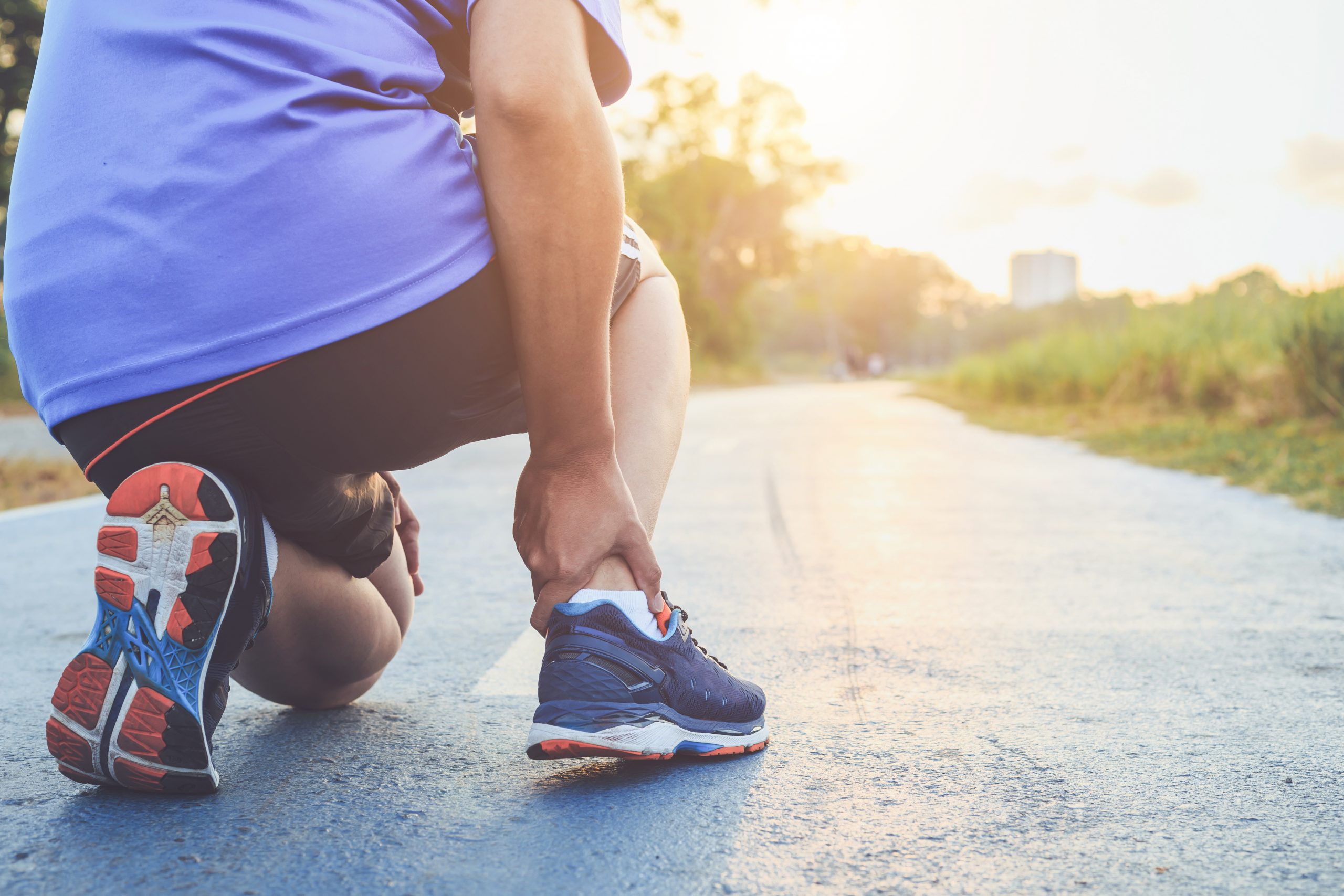
HOW TO DECREASE THE RISK OF FURTHER INJURY DURING PRE-SEASON TRAINING
Pre-season training is upon us, are you taking the appropriate steps to ensure your workouts and training sessions are performed safely and efficiently? Whether your goal as an athlete is to sprint faster, jump higher or tackle harder, your mindset should be the same as your elderly neighbour who hasn’t played sport in years – Exercise smart, not hard.
That isn’t to say you shouldn’t work hard during your training sessions but performing each movement correctly and safely should be your goal. It is a myth that a fitness trainer needs to be pushing you to the point of exhaustion, which then results in the inability to walk the next day, to achieve any results. Don’t strive for pain, or you’ll more than likely cause injury and threaten the integrity of future workouts.
Injury prevention is one of the foremost reasons to practise safe exercise. Returning to a much too difficult and intense exercise routine feels like you’re taking a forward step, but when injury arises, it’s the equivalent of leaping two steps backward.
In saying all this we understand that accidents happen, especially in contact sports such as football, basketball and soccer. It is highly important that anyone undertaking physical exercise learn basic treatments, in order to prevent the injury worsening throughout pre-season training.
Have you learned the RICER rules?
Once initial emergencies have been taken care of, take the time to recite the rules of RICER. It’s important not to take an ‘I’ll see what happens’ attitude, as the first 24-48 hours after injury will determine how serious the implications are.
The RICER rules all aim to produce the same outcome; reduce blood flow to the injury, lessen inflammation and swelling, and decrease the risk of further injury. Remembering these 5 actions will give your body the best chance at a full and speedy recovery:
- ‘Rest’ – Simply taking your weight off the injury will assist the healing process.
- ‘Ice’ – Ice packs, cold towels or cool baths reduce the blood flow to damaged tissue.
- ‘Compression’ – Stick to elastic bandages and overlap the layers firmly, but not tightly.
- ‘Elevation’ – Use cushions to raise the injured part of your body above your heart.
- ‘Referral’ – Make sure to seek a professional diagnosis as soon as possible. Delaying this process can result in further injury and risks your chances of making a full recovery before the sports season begins.
Do you know how to avoid further HARM?
While it is important to understand how to treat the initial injury, we need to know how to avoid causing further harm on and off the field.
- ‘Heat’ – Heat increases blood flow to soft tissue, which may contribute to inflammation and swelling. While heat packs may provide temporary relief, the pain will return once the heat subsides.
- ‘Alcohol’ – Alcoholic beverages dilate your blood vessels and thin your blood, which increases blood flow and inflammation to the injury. Having a drink may not seem like a big deal in the moment, but you’ll regret it once the pain sets in.
- ‘Running’ – Running, or any physical activity that strains the injured area, is not recommended. Aside from inflaming the injury, you’ll be worsening the pain and extending your recovery time.
- ‘Massage’ – We usually have a positive association with massage but rubbing the sore area immediately after injury has occurred will increase inflammation and potentially worsen the injury. It’s best to avoid massage for the first few days, or until a diagnosis is made.
Once you’ve memorised the RICER and HARM rules, your local Glen Iris Physio can take injury prevention even further. Physiotherapists are experts in exercise and movement utilising the fields of biomechanics, musculoskeletal anatomy and physiology to measure your body’s response to exercise.
We use this knowledge to train anyone from star athletes, to casual sports people. Understanding your body’s limits and weaknesses can ensure safer, more productive workout sessions. Contact our friendly reception team on 9889 3903 or book online to ensure you get the best kick off to pre-season training.
Related articles:






